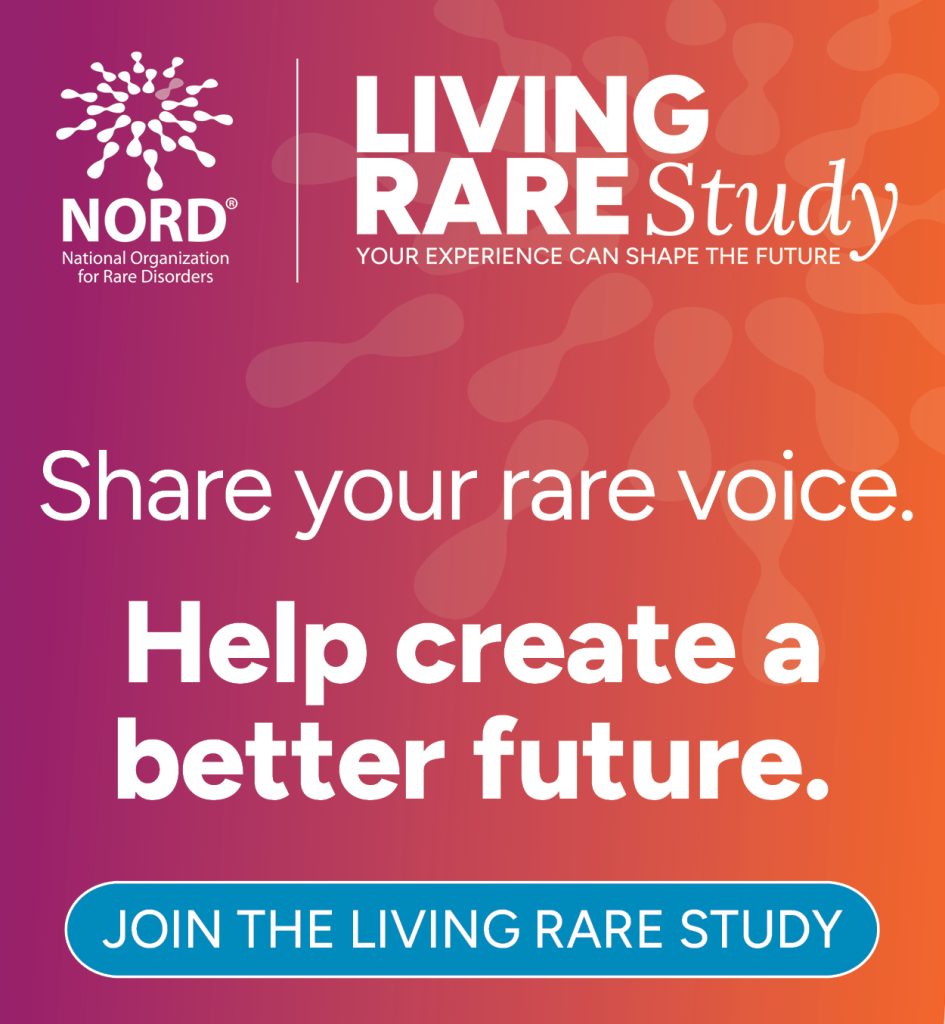I was a healthy 27-year-old with no underlying risk factors when I was diagnosed with appendix cancer.
One evening, I started cramping in my abdomen. I thought nothing of it until the intensity increased and I could barely sit upright or walk. I called my primary care provider and she recommended I go to the emergency room, as it could be appendicitis. I was nervous to go, as this was June 2020 and COVID cases were surging. My mom drove me in, and sure enough, it was appendicitis. I spent the night in the ER, got my appendix removed, and went home feeling much better.
A few weeks later, I received a phone call from the surgeon who took out my appendix. I was driving and he asked me to pull over to the side of the road.
“When we removed your appendix, we found a tumor. It’s cancer, and we need to see you on Monday.”
Having a rare disease made me feel alone; there wasn’t a large movement or group to feel connected to. Before my diagnosis, I thought that most cancers were the same. Going through a cancer diagnosis and treatment has made me aware of just how different each patient’s experience is. With a rare cancer, it was harder to find resources that exactly explained or aligned with what I was going through. I felt in the dark sometimes, and I still do today. Now, I’m very aware of how underfunded and under researched rare diseases are.
Many people with rare diseases struggle to get a diagnosis, and thus cannot properly begin treatment. I am lucky to have received my diagnosis quickly and to have started treatment quickly as well. Beyond the difficulty of receiving a proper diagnosis, it is equally as difficult to find the right specialists for treatment when they are so few and far between. When your disease is rare, the time it takes for a diagnosis and to connect with the right specialist can often make successful treatment and recovery more difficult. Timing and access are so important when treating these diseases.
September 30 is #RareCancerDay, an annual awareness day devoted to shining a light on rare cancers and the issues people living with them face. NORD is highlighting the stories of the rare cancer community – learn more.





